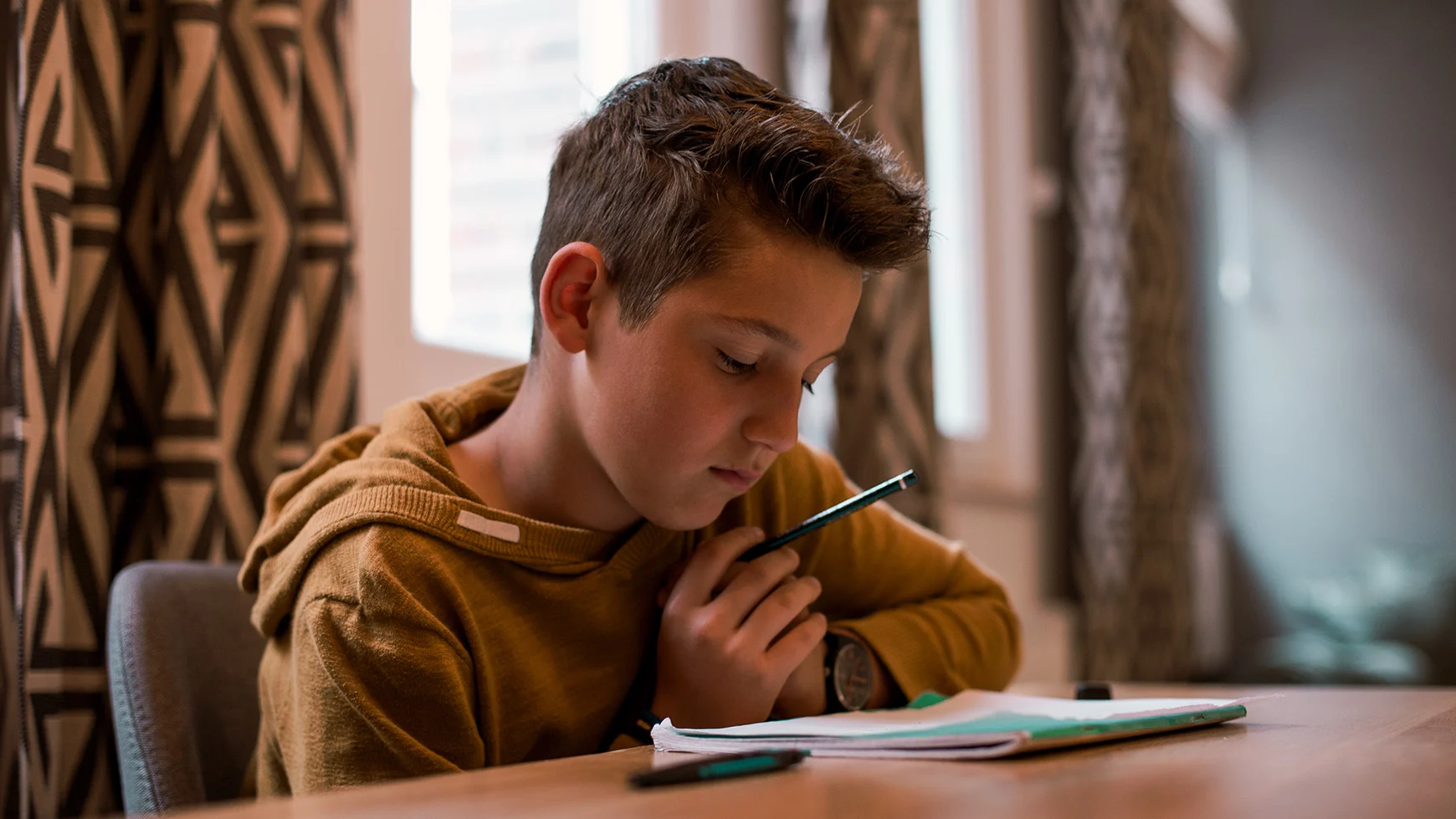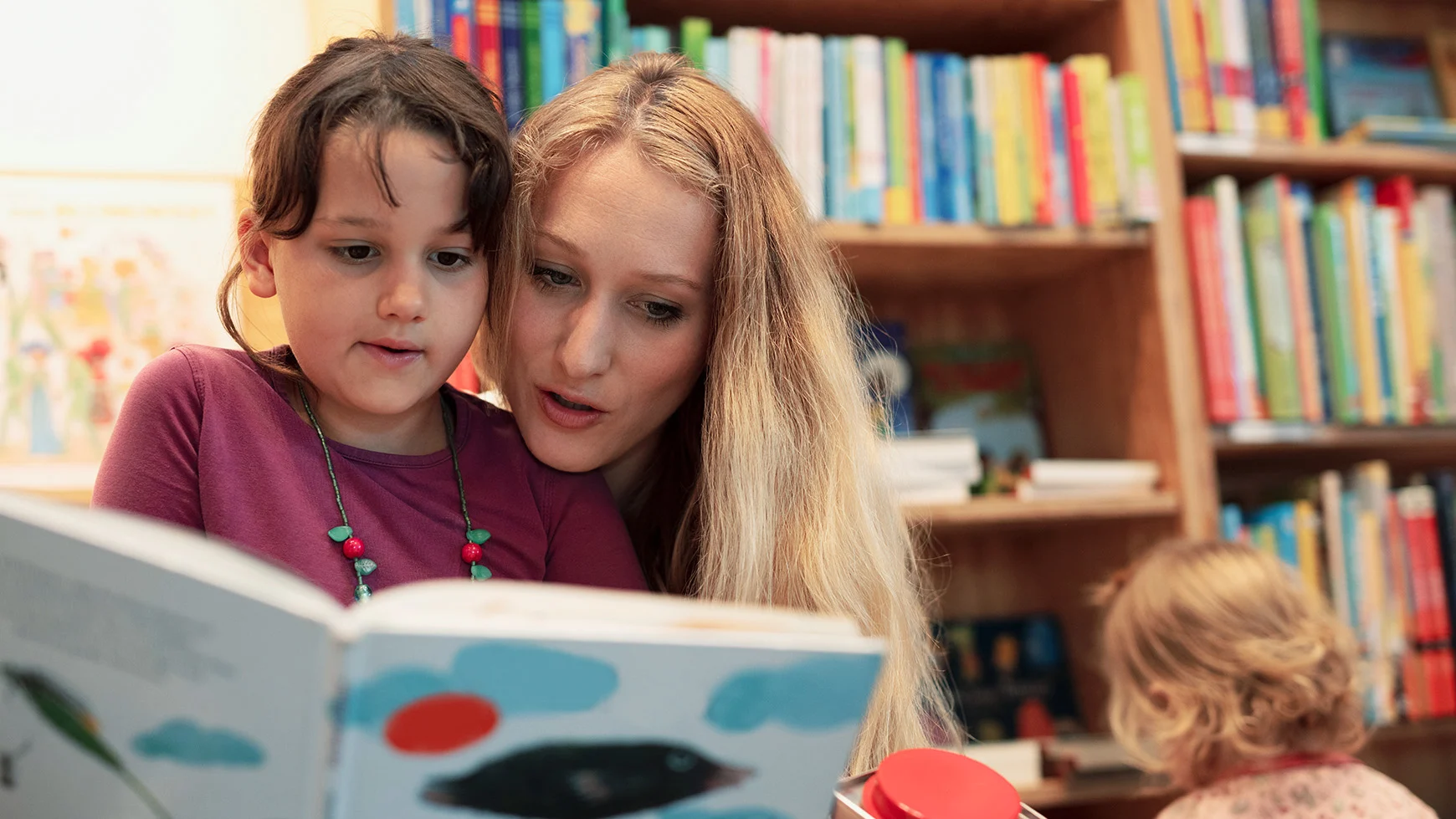5 ways dyslexia can affect kids socially
Dyslexia makes reading and spelling difficult. But you may not realize that it can also make it hard for some kids to interact and socialize.
There are a few reasons for that. First, trouble with language skills can get in the way of communication. (Dyslexia is an issue with language, not vision.) Problems with memory can also be a factor.
And low self-esteem may make some kids with dyslexia avoid social situations or talking with other kids.
Here are five common social challenges kids with dyslexia may face.
1. Trouble finding the right words
Kids with dyslexia can’t always find the words they want to say — especially if they feel strongly about the topic or need to respond quickly. So they may not join the conversation. Or they might jump in and say the wrong thing because they needed more time to think.
2. Remembering things wrong
Dyslexia can make it hard to remember specific words or details. This can lead to confusion about what friends said — and to misunderstandings. It can also create awkward situations and conversations.
3. Low self-esteem
Lots of kids who struggle with reading think they’re not as smart as other kids. They may be ashamed or think nobody will want to hang out with them. They may also try to hide their challenges by avoiding spending time with other kids.
4. Being out of the loop
Struggling readers might not read as much as other kids. That can keep them out of the social loop. Not reading the most popular new book everyone else is talking about because it’s too hard can be isolating.
5. Missing social opportunities
Learning to read often means extra work for kids with dyslexia. Those who get private reading instruction or tutoring after school can miss out on opportunities to socialize. They may have to give up clubs, sports, youth groups, and just hanging out so they can work on their reading skills.
Looking for more information about how learning and thinking differences can impact kids socially?
Read more about trouble with social skills.
Understand how ADHD can affect social skills.




